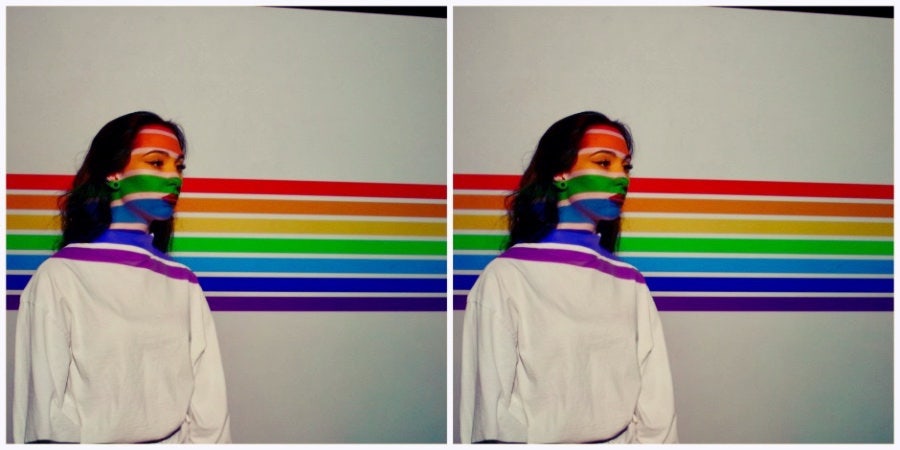You May Think You're Being A LGBTQ+ Ally, But You're Not
Do you know what it really means to be an ally?
 Isi Parente via Unsplash
Isi Parente via Unsplash By Marcela Beneditt
Let’s start by defining “LGBTQ+.” For those of you who are still not aware of what this abbreviation stands for, it’s Lesbian, Gay, Bisexual, Transgender, Queer, +.
Moreover, there are variations within the LGBTQ+ acronym that may sometimes have an “I” at the end, which stands for Intersex. Others may have an “A” at the end, which stands for Asexual, hence the + sign at the end (which includes other groups).
You may be familiar with some, if not all, of the terms mentioned above. But, have you ever asked yourself what each term means and how you should react to it?
We all might have a friend, family member, or partner that is part of the community. Despite that, we don’t take the time to get familiar with these terms or how we can be an Ally for members of this community.
I think the easiest way to explain this is by mentioning the ways that we are not allies, but we just think we are:
- Thinking that being a friend to someone who is part of the LGBTQ+ community counts as being an Ally
- Talking to other people about your “gay/lesbian” friend and how you “understand” them
- Not taking the time to ask how they would prefer to be addressed (he/she/they/them)
- Making offensive/rude jokes, because they are your friends and they “shouldn’t” get offended
- Calling everyone that is part of the community “Gay”
- Thinking: “I am not homophobic, but I don’t like seeing gay (bisexual, transgender, queer) kiss in public”
- Asking yourself why a transgender person would change their gender if they are now attracted to people of the gender they were before
Those are just some examples and thoughts of people that I know around me who consider themselves allies of the LGBTQ+ community. However, in fact, they are not.
I have recently come in contact with several people who are part of the LGBTQ+ community and this has opened up a whole new world of knowledge to me. We think that they are a separate world and that we need to tiptoe around them, because they seem strange to us. The thing is, we are all the same.
Whether someone is part of this community doesn’t change the fact that they want the same things as everyone else: justice and equality.
Why do we get outraged when we hear about women being abused and the #MeToo movement, but don’t get outraged about the spike in crimes committed against the LGBTQ+ community?
From my experience, being an ally for the community means speaking up for them when they are not there, listening to every story and journey that is shared with you, and asking questions about how they are and what you can do for them. More often than not, LGBTQ+ people just want to talk and feel loved when they share their stories.
It’s so much more than simply sharing a post about how you are an ally. Instead, you have to soak yourself in knowledge.
Learn about each letter in the LGBTQ+ and what it means to each person that identifies as such. Learn about gender identity, gender expression, and identity.
Give the people that you know a safe space to express themselves without passing judgment. You don’t have to be friends with everyone who is part of the LGBTQ+ community, but you can certainly respect their identity as a person.
Being open to their journeys and standing up for them will take you a long way. If someone doesn’t want to open up to you, don’t push them. Remember, what we are all looking for is equality.
Here are some resources that you can take a look at if you are interested in being a better ally:
- The GenderBread Person: A drawing that will break down gender identity, anatomical sex, gender expression, and attraction.
- Defining LGBTQ: A resource for LGBTQ terms.
- Grindr’s Gender Identity Help Center: A resource for gender identity questions and answers.
Marcela Beneditt is a writer who focuses on relationships, love, and dating. For more of her love content, visit her author profile on Unwritten.

